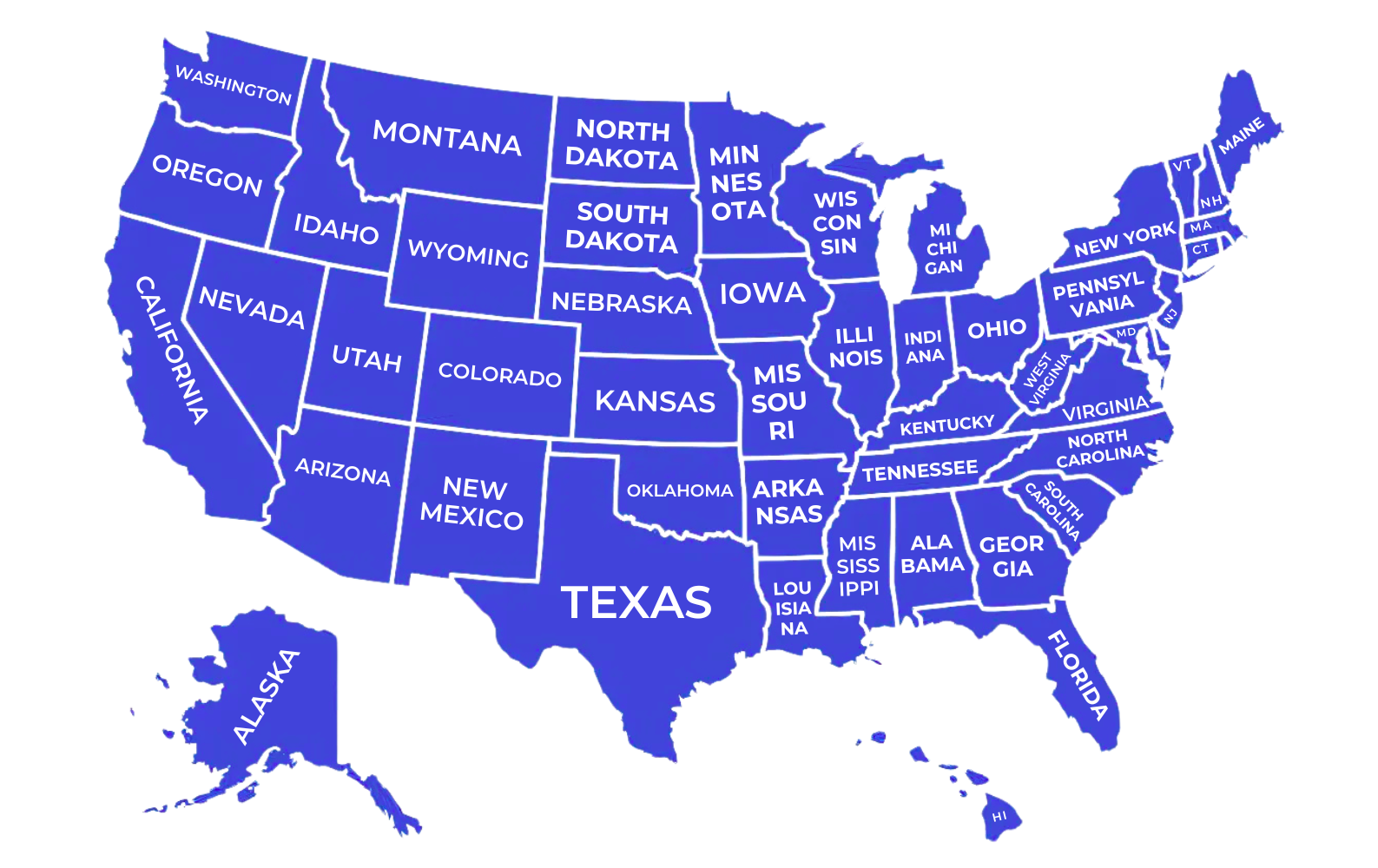
str mortgage loans
Airbnb, VRBO, and all your profitable Short-Term Rentals
Are you aiming to acquire a new short-term rental or unlock equity from an existing one? We’re here to help!
At BNB Lending, we do things differently by focusing on the property’s income, not yours. That means no need for Tax Returns, W-2s, DTI ratios, or personal income verification when applying for a loan.
While some investors report higher returns from short-term rentals compared to long-term rentals, it's important to note that short-term rentals often require more active management and can have more variable income streams. Careful market research and financial planning are crucial for success.
How to qualify
To obtain a quote, we will need the following information:
Property Value and
Purchase Price
Down Payment
Amount
Credit Score
Asset Types
- Single Family Homes
- Townhomes
- Condos
- 2 - 4 Units (Duplex, Triplex, Quadplex)
- Multi-Family: 5 - 8 Units
- Mixed-Use: 2 - 8 Units
- Multi-Family: 9+ Unit
Loan Terms
- Loan Sizes:
$100k up to $3.5 Million (Larger loan sizes available on a case by case basis)
- Purchase LTV:
Up to 85%
- Rate & Term Refinance LTV:
Up to 80%
- Cash Out Refinance LTV:
Up to 80%
- Amortization:
30 Year % 40 Year Amortization Options Available
- Term Lengths:
5/6 ARMs, 7/6 ARMs, 10 Year Interest Only, 30 Year Fixed & 40 Year Fixed
- Floor Rate:
5.50% (subject to change daily due to market volatility)
- Full Recourse
with personal guarantee required for all borrowers with majority ownership (typically 20%+ or 25%+ if closing in an Entity)
- DSCR Requirement: 1.00x or greater depending on loan size and property type. Sub-1.00x DSCR and NO DSCR options available.
- Vesting:
Lending to Individuals, LLCs, and Corporations. Trusts Allowable on a Case by Case Basis.
- Average Time to Close:
14 to 35 days
Wondering if you qualify for investment property financing in your area?
We offer lending services in all 50 states!

Frequently Asked Questions
What loan options are available for short-term rental investors?
For those entering the short-term rental space, there are multiple loan options tailored to match the unique cash flow and property use structure of these assets. Unlike traditional mortgages, financing for short-term rentals is based not only on the borrower's profile but also on the projected or historical income of the rental. Common options include DSCR loans, where approval is largely based on the rental’s ability to cover its debt service, and conventional products if the property meets certain second home or investment criteria.
In some cases, a borrower may also use home equity from another property or a bridge loan to complete the purchase quickly, especially in competitive markets. Each loan type comes with different documentation processes, down payment requirements, and interest rate structures. Choosing the right path depends on your goals, experience level, and the nature of the property itself. A lender experienced in STR financing can guide you through the best fit.
How does financing work when purchasing an investment property for rental income?
Purchasing an investment property for rental income involves a specialized financing process that prioritizes both the borrower's credit profile and the property’s revenue potential. Unlike primary residences, where approval hinges on personal income, financing an STR may involve verifying actual or projected rental earnings.
Some borrowers qualify through full-doc conventional loans, particularly if they meet strict criteria around income, reserves, and credit. Others opt for DSCR loans, which measure whether the property can cover its own expenses with its rental revenue. This structure often works well for investors with multiple properties or irregular income patterns.
Keep in mind, the market you’re purchasing in, the intended use of the property, and how long you plan to hold it can influence the type of loan you qualify for. Whether you're using it for passive income, appreciation, or as a hybrid strategy, securing the right mortgage product is key to long-term success.
Can I use a term loan to buy or refinance a furnished vacation unit?
Yes, a term-based loan can absolutely be used to purchase or refinance a fully furnished unit intended for short-term rental. These loans are commonly offered in fixed or adjustable formats and are structured around the repayment timeline—often 15, 30, or even 40 years.
In some cases, a DSCR structure may be applied to the term product, meaning your approval hinges on how well the property performs as a rental, rather than traditional income documentation. This can be particularly useful if you're self-employed, managing multiple properties, or growing your short-term rental portfolio.
When refinancing, you might access improved rates, pull equity for future purchases, or convert short-term debt into a longer amortization schedule. It’s important to align your financing terms with your investment timeline and risk tolerance. Whether you're expanding aggressively or managing a few strategic units, a well-structured term loan can offer financial stability and flexible growth potential.
What’s the difference between a traditional mortgage and rental-focused lending?
A traditional mortgage typically evaluates the borrower’s income, credit history, and debt-to-income ratio, with the assumption that the home is either owner-occupied or used as a second residence. These loans work best when the borrower can document strong financials, has a high credit score, and the property fits conventional use categories.
Rental-focused lending, on the other hand, is more flexible for those operating in the short-term rental space. These loan types often emphasize the property’s earning potential over the borrower’s income history. A common example is the DSCR loan, which is evaluated based on the ratio between projected rental revenue and the property's expenses.
This kind of financing is particularly beneficial for STR operators who may not show consistent income year over year. It also allows for vesting in LLCs and may not require full tax documentation. The result is a faster, streamlined process tailored to investment use rather than personal occupancy.
Do STR buyers have to meet different qualifications than long-term rental owners?
Yes, buyers seeking to finance short-term rentals often face different qualification standards than those purchasing a typical term rental or long-term investment property. While conventional mortgage products are still available, many lenders now offer specialized STR financing options designed to reflect the unique income structure and risk profile of these properties.
One key difference is how income is assessed. For long-term rentals, lenders often rely on lease agreements and a steady tenant history. For STR properties, lenders may instead analyze market projections, prior booking performance, or even comparable nightly rates in the area. If you're applying for a DSCR loan, your ability to qualify may hinge entirely on the property’s projected cash flow—not your personal financials.
This evolving loan landscape has created space for more flexible financing, but it also means borrowers need to be prepared with supporting documentation and a clear process in place. Understanding how different loans work is critical to closing quickly and maximizing return.

